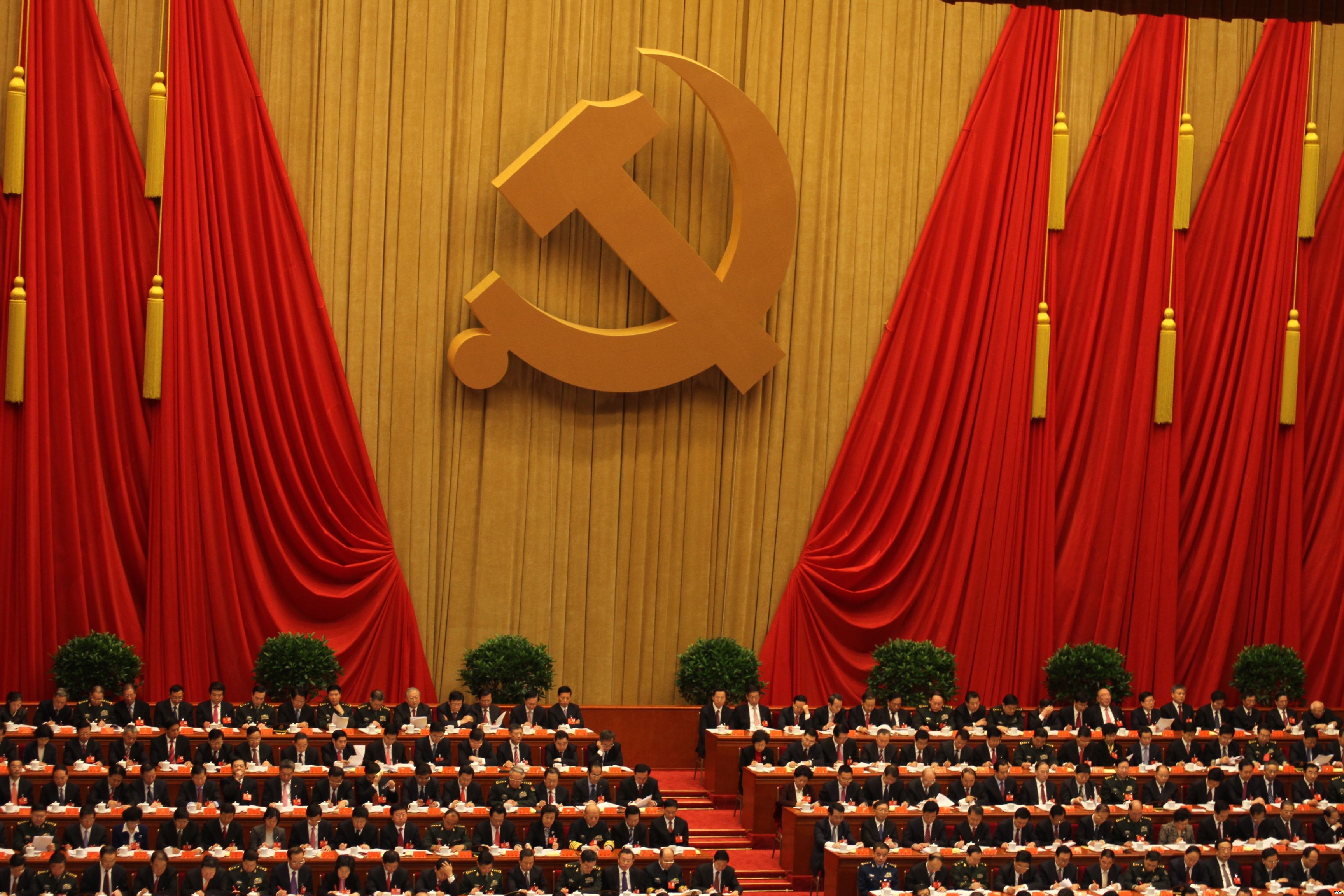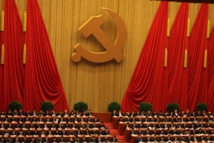At a meeting of the Central Commission for Discipline Inspection (CCDI) On February 23, its Head Wang Qishan reported on last year's successes and outlined plans for the department in 2016. In 2015, CCDI traditionally broke its own record: the entity held 82 large check of the government bodies and provincial governments (39 inspections in 2014). 54 thousand people were investigated, what resulted in 20 thousand locked up, and the others lectured, demoted or dismissed from work. In 2015, CCDI launched a special anti-corruption mobile application. The innovation suited Chinese’s taste: they reported on the officials unsuitable conduct 2.8 million times. 1023 escaped corrupts were returned from abroad, with $ 461 million brought back to the state’s treasury.
Wang Qishan announced that CCDI is going to start the year from checking 32 government bodies and 4 province governments. Among them are CCDI itself, the Communist Party Propaganda Department, the National Commission for Development and Reform, the Committee for the Control and Management of State Property of China, the Ministry of Industry and other departments.
Never before has an anti-corruption campaign approached so close to the "working" core of China's political system responsible for its routine functioning. Before, there were mainly its peripheral elements. Besides direct fight against corruption, CCDI officials will check on loyalty of the party’s leadership and compliance criteria.
Famous Chinese political scientist and historian Zhang Lifan, close to the country’s leadership, said that today the struggle for party discipline is even more important in terms of identifying bribery. "There is a problem of lack of loyalty within the bureaucracy – he said in an interview to Xinhua. -They do not want to sink deep into work if there’s no personal gain for them." The scientist thinks that leader Xi Jinping should take on strict implementation of regulations across the vertical of power as the key moment in the struggle for economic restructuring.
So far, the anti-corruption campaign has been giving inconsistent results. According to Xinhua agency, citizens' confidence in the fact that the government is trying its best to fight corruption, has grown to 75% over the last year. Since its inception in 2013, have been punished nearly 200 thousand officials at all levels up to the members of the country’s highest political leadership. On the other hand, the atmosphere of fear hanging among Chinese officials slows down implementation of large and potentially corrupt-intensive projects.
Wang Qishan announced that CCDI is going to start the year from checking 32 government bodies and 4 province governments. Among them are CCDI itself, the Communist Party Propaganda Department, the National Commission for Development and Reform, the Committee for the Control and Management of State Property of China, the Ministry of Industry and other departments.
Never before has an anti-corruption campaign approached so close to the "working" core of China's political system responsible for its routine functioning. Before, there were mainly its peripheral elements. Besides direct fight against corruption, CCDI officials will check on loyalty of the party’s leadership and compliance criteria.
Famous Chinese political scientist and historian Zhang Lifan, close to the country’s leadership, said that today the struggle for party discipline is even more important in terms of identifying bribery. "There is a problem of lack of loyalty within the bureaucracy – he said in an interview to Xinhua. -They do not want to sink deep into work if there’s no personal gain for them." The scientist thinks that leader Xi Jinping should take on strict implementation of regulations across the vertical of power as the key moment in the struggle for economic restructuring.
So far, the anti-corruption campaign has been giving inconsistent results. According to Xinhua agency, citizens' confidence in the fact that the government is trying its best to fight corruption, has grown to 75% over the last year. Since its inception in 2013, have been punished nearly 200 thousand officials at all levels up to the members of the country’s highest political leadership. On the other hand, the atmosphere of fear hanging among Chinese officials slows down implementation of large and potentially corrupt-intensive projects.



















